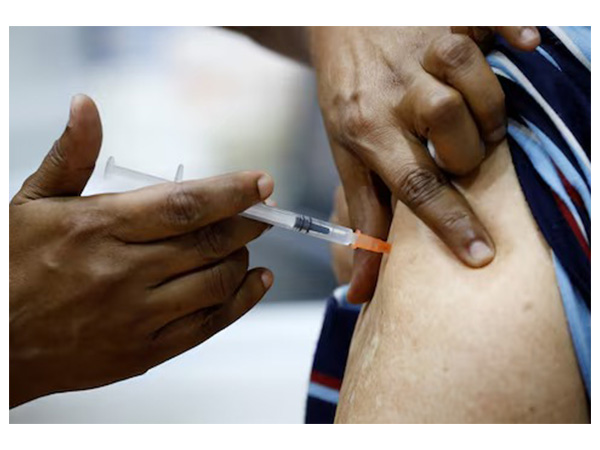
New opportunities from cancer vaccines
Sep 25, 2025
Moscow [Russia], September 25: The Russian inventor said he is ready to start experimental treatment of cancer patients with an mRNA vaccine in the near future.
Personalized vaccines
At a conference on September 23, Alexander Gintsburg, director of the Gamaleya National Research Center for Epidemiology and Microbiology (Russia), said that the agency has submitted all the necessary documents to the Russian Ministry of Health to request approval for the production of the cancer vaccine , according to TASS. Volunteers for treatment have been selected and their genetic data has been determined. Gintsburg said that the experimental treatment on patients is ready to start within the next one to one and a half months.
In an interview with Russian media earlier, Mr. Gintsburg said that the new vaccine is "fully personalized," meaning it is created specifically for each patient based on their unique tumor data and cannot be used for anyone else. Development of the vaccine began in mid-2022, using mRNA technology, which has been successful with Covid-19 vaccines.
The vaccine was jointly developed by the Gamaleya Center, the PAHerzen Moscow Oncology Institute, and the NNBlokhin National Research Center for Oncology. The vaccine is being developed first for patients with melanoma, a dangerous type of skin cancer, and if successful, will be further developed to target non-small cell lung cancer, pancreatic cancer, and some forms of kidney cancer. Gintsburg announced that the first people to receive the personalized mRNA vaccine will be 60 melanoma patients at the Herzen Institute and the Blokhin Center.
Waiting for results
According to the Russian expert, the new vaccine has shown promising results in animal tests and limited human trials. Gintsburg told TASS that preclinical studies showed that the cancer vaccine inhibits tumor growth and metastasis. The expert stressed that the entire production process, from tumor analysis to the creation of a personalized vaccine, can be completed within a week with the help of artificial intelligence .
Not only in Russia, personalized cancer vaccines have shown promising results in a few limited trials around the world in recent years. Two major biotech companies, Moderna and Merck, are also testing mRNA vaccines to fight melanoma, according to Reuters.
Last year, the two companies released trial data on 157 patients and said that after 2.5 years of treatment, the combination of the vaccine and Merck's cancer drug Keytruda improved patients' chances of survival and demonstrated consistent efficacy. Accordingly, patients using the vaccine and drug combination showed a survival rate of 96%, compared with only 90.2% of those taking Keytruda alone. Previous results showed that this combination reduced the risk of metastasis by 65% compared with drug treatment alone.
Scientists have long pursued the dream of finding a vaccine to prevent and treat cancer. However, with the development of new technology, experts hope to soon find a treatment to help patients with cancer , the leading cause of death in the world, according to data from the World Health Organization.
Source: Thanh Nien Newspaper









